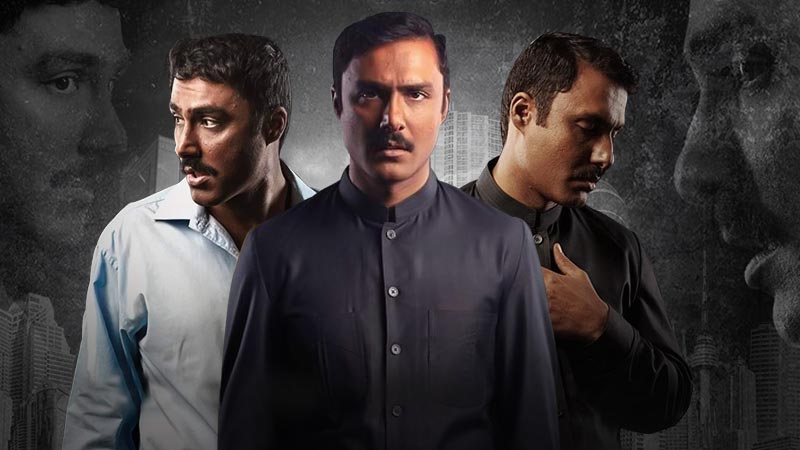
Parizaad and The Search for External Validation
In the past six months, Parizaad has become a household name in Pakistan. Written and directed by Hashim Nadeem, the drama serial (aired on HUM TV) became wildly popular soon after its release, and had the entire country on their toes until the final episode was aired. What first strikes the viewer about Parizaad, is the fact that the drama does not revolve around a typically narcissistic, egomaniacal male protagonist, rather a man burdened by anxiety and insecurities.
The audience follows the protagonist, Parizaad, played by Ahmed Ali Akbar, through a number of heartbreaks largely because of his physical appearance, his desire to become rich in the hope that money will earn him the respect he craves, and his attempt to maintain a sense of dignity despite verbal degradation and countless mocking comments about his appearance.
Through the troubles and turmoil of the main character, Parizaad unearths a greater issue, one that has been woven into the fabric of our society for decades; the obsession with fair skin. A mindset willingly inherited by our British colonizers, one that we cling to with a vengeance, and still refuse to let go of 74 years later.
The character of Parizaad is a chilling example of how this mindset takes a toll on one’s mental health and personality development, and leads to a lifelong struggle with insecurity and inferiority complexes. In Parizaad’s case this is exemplified through the sense of safety he feels with Qurat-ul-Ain, which is largely motivated by the fact that she is blind. What people don’t realize, or rather choose to ignore, is that when a mindset like this is adopted it doesn’t stay hidden. It infiltrates our thoughts, forms our judgments and seeps into our conversations. It leads to harsh, snarky and sarcastic comments that stick with people through childhood all the way to adulthood. As stated before, Parizaad is the perfect example.
Parizaad deserves applause for tackling such issues and demonstrating how they contribute to deteriorating mental health. However, it would have been far more motivating for our audience to see Parizaad struggle but ultimately overcome his insecurities step by step. Viewers who have spent their lives dealing with similar insecurities would be more hopeful if they were able to see an iconic character such as Parizaad achieve such an accepting state of mind that allows him to fully let go of his baggage (albeit, slowly) and be genuinely happy with his physical appearance. The lesson for Pakistani society, especially younger generations, should not be to search for a partner who is accepting of their looks, but to search for acceptance within themselves and not seek validation from outside sources. That is not to say that they should not look for love, rather, to understand that the more secure they are with themselves the more secure they will be with their partner.
Although Parizaad managed to satisfy its audience with a happy ending, it would have been better to see character progression geared towards self-improvement throughout the drama serial.
Nida Babar
Media Quotient Inc.


